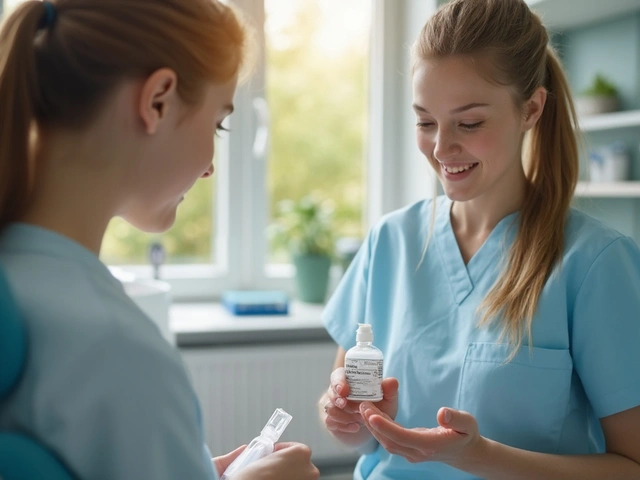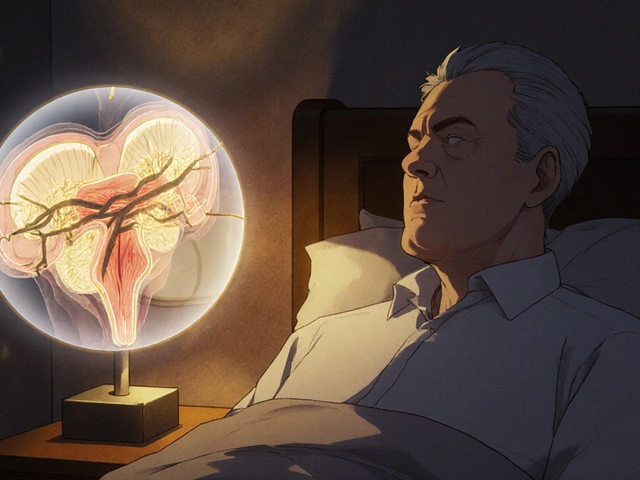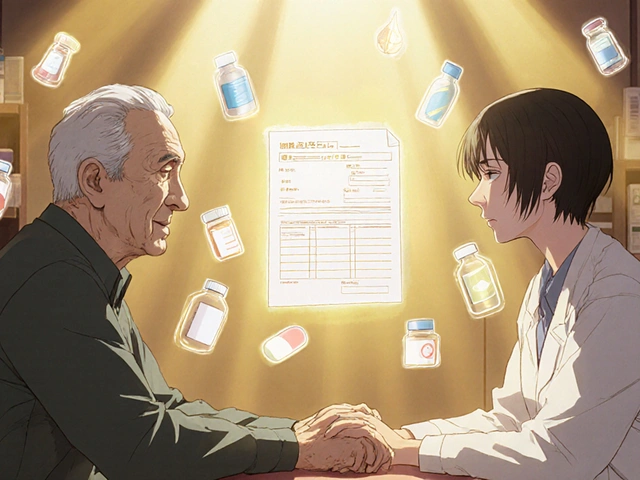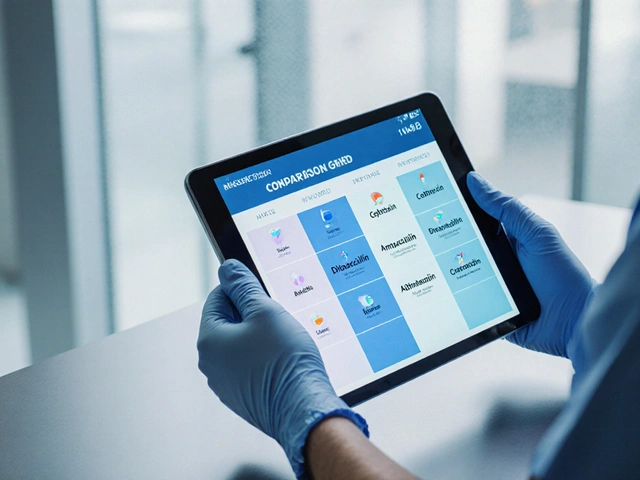Addiction Recovery: Peer Support, Steps, and Resources
Recovery from addiction feels overwhelming at first. You don’t have to do it alone. This page pulls together practical steps, peer support options, and quick resources to help you start moving forward today.
How peer support helps
Peer support means connecting with people who have walked a similar path. Hearing someone else’s story can change how you see your own situation and give you concrete coping ideas that worked for them.
Peer supporters offer more than empathy. They share relapse prevention tricks, daily routines that helped, and realistic ways to handle triggers like stress or places tied to using.
Examples: a recovery buddy who checks in daily, a peer recovery coach who helps with appointments, or a community meeting where people trade tips on handling cravings. These options fit different needs and schedules.
Practical steps to start recovery
First, set one clear, tiny goal. Instead of saying "get clean," try "talk to a counselor this week" or "attend one meeting." Small wins build confidence and make bigger steps possible.
Second, find a local or online peer group. Try Narcotics Anonymous, SMART Recovery, or local community programs. If you have opioid use disorder, ask about medication-assisted treatment—combining meds with counseling improves outcomes.
Third, create a simple daily routine. Include sleep, short exercise, healthy meals, and one activity that keeps your hands and mind busy. Routines reduce moments when cravings feel strongest.
Fourth, use practical relapse tools. Identify personal triggers, plan a short script for handling urges, and list phone numbers of peers or coaches to call when cravings hit. Put that list where you can see it.
Fifth, involve health professionals when needed. Peer support is powerful, but doctors, therapists, and addiction specialists can offer medications and therapies proven to work.
If you want a deeper look at how peer support matters for opioid addiction, check the post "The Role of Peer Support in Overcoming Opioid Addiction" on this site. That piece includes real examples of peer-led strategies and tips for finding the right group.
Need quick resources? Many communities have 24/7 helplines, online chat groups, and peer recovery centers. Start with a local health department or a national helpline for substance use; they can point you to nearby peer services and treatment options.
Recovery isn’t a straight line. You can expect setbacks, but each attempt teaches something useful. Use peer support to stay connected, take small steps that feel doable, and ask professionals for medical help when needed.
Want more guides or real stories from people who recovered? Browse the Addiction Recovery section for practical tips, personal experiences, and step-by-step resources that you can use right now.
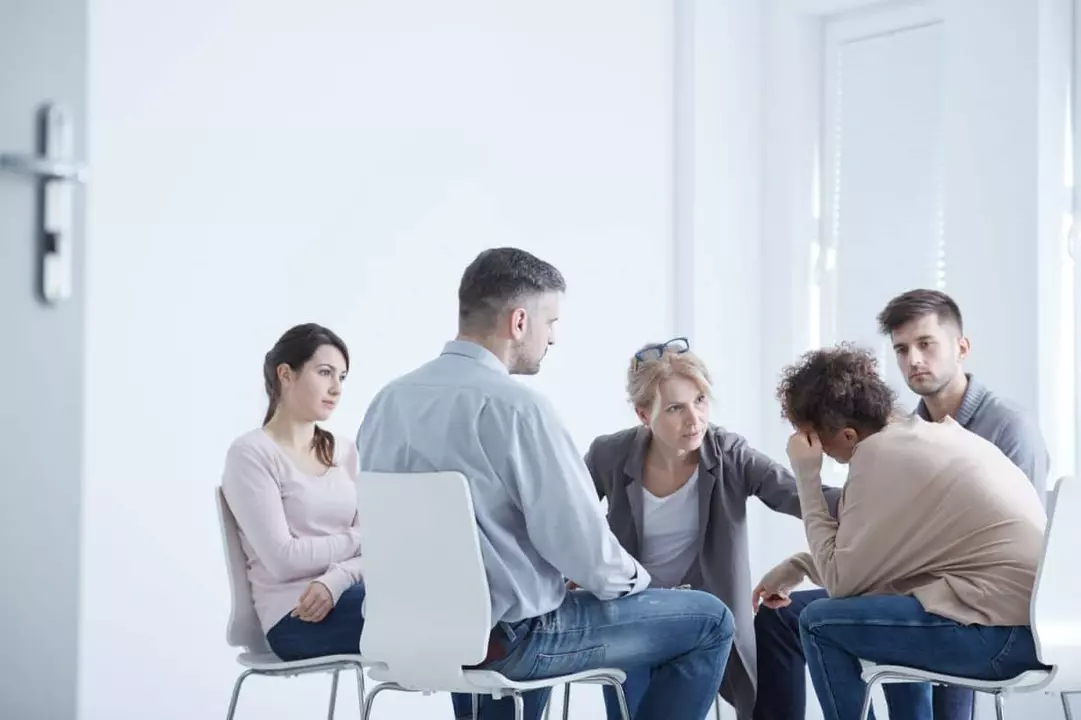
The Role of Peer Support in Overcoming Opioid Addiction
As a blogger, I've come to understand the significant role that peer support plays in overcoming opioid addiction. Through shared experiences and understanding, peer support helps individuals feel less isolated and more empowered to face the challenges of addiction. This type of support can also provide practical advice, coping strategies, and valuable resources for those on the road to recovery. I've seen firsthand how peer support can foster hope and inspire change in the lives of individuals struggling with opioid addiction. Let's continue to promote and encourage peer support as a vital component in the fight against this devastating epidemic.
Detail
